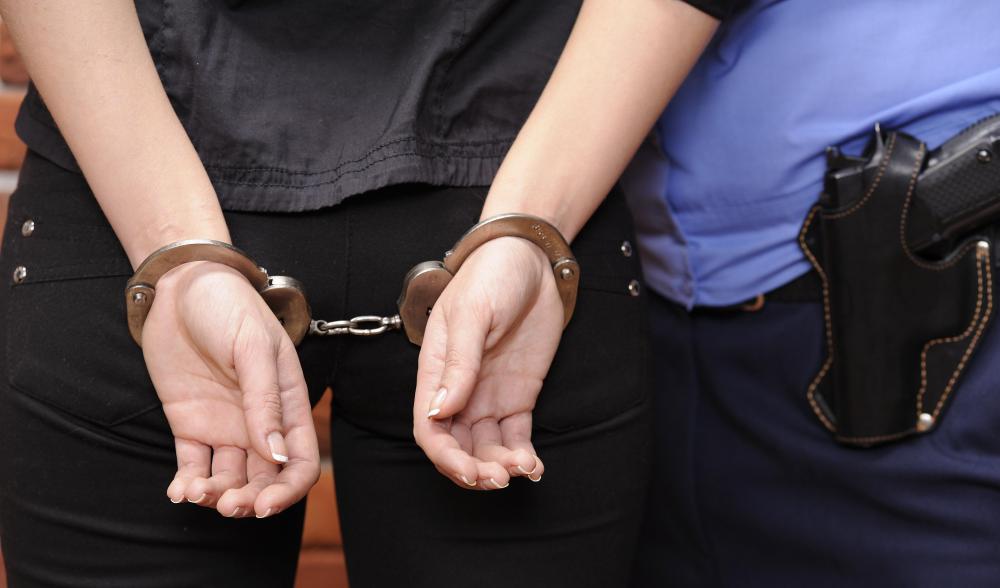At MyLawQuestions, we're committed to delivering accurate, trustworthy information. Our expert-authored content is rigorously fact-checked and sourced from credible authorities. Discover how we uphold the highest standards in providing you with reliable knowledge.
What is a Search Warrant?
A search warrant is a legal document approved by a court for the purpose of allowing law enforcement officers to search a particular person or place. Search warrants are commonly used in criminal cases, and they are designed to let police officers lawfully uncover evidence while under the protection of a court order. Most warrants must state the specific objects being sought as well as the time and place for the search. For instance, a search warrant may allow a police officer to search 111 Anywhere Road from 7 a.m. to 10 a.m. for evidence of marijuana, cocaine, and related paraphernalia used in connection with selling illegal drugs.
In order to obtain a warrant to conduct a criminal search, police officers or prosecutors must demonstrate that they have probable cause to believe that a crime is being committed at the location to be searched. In addition, they are usually required to show they have probable cause to think that evidence of a crime may be found there. To demonstrate this to the court, the officer or prosecutor typically submits a sworn, written statement called an affidavit. The affidavit generally contains the officer’s observations or witness reports relating to the crime.

A judge or magistrate then determines whether the affidavit adequately establishes probable cause. He or she will issue a search warrant if cause is established. Suspects connected with the search are not in attendance during a search warrant request. A suspect may, however, challenge whether the court had valid grounds for issuing a search warrant if the suspect is later accused of a crime.

During a search, police officers are generally limited to what they can investigate. For example, if a search warrant allows an officer to examine “John Doe’s office,” the officer may not search the entire office building. Additionally, the officer is limited in what type of items they can search for. If they are permitted to search for evidence of insider trading, for instance, they cannot search for weapons. Police officers may, however, seize evidence that is uncovered while lawfully searching for the items listed in the warrant.

Search warrants can also be used on people. Officers who are conducting this type of warrant search may only investigate the person specified in the warrant. They may not search another person in the area. If an officer is reasonably suspicious that a bystander is engaged in criminal activity, the officer may only question that bystander. If, however, the officer believes that his or her safety is at issue, the officer is permitted to frisk the bystander for weapons.
AS FEATURED ON:
AS FEATURED ON:
















Discuss this Article
Post your comments